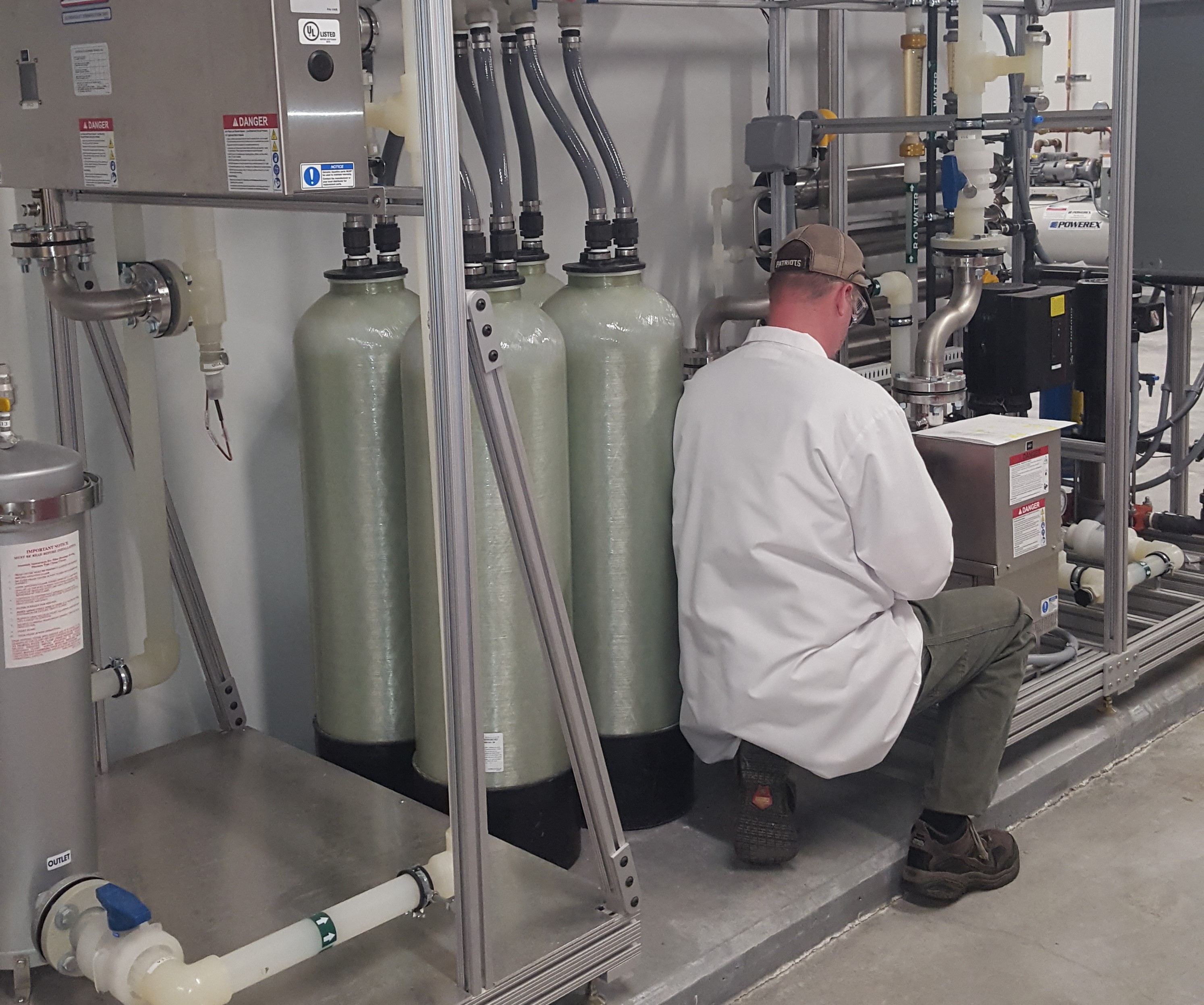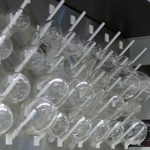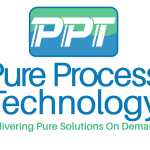
21 Jun 2018
Whether you are an architect, engineer, contractor, or building owner who will purchase a service contract when you buy a high purity water system or an end user whose trained facility manager will be performing some occasional in-house maintenance; there are many vital preventative measures that cannot be overlooked if reliable, consistent results are the goal.
 Putting the horse before the cart, of course, it is important that buyers have initially contacted an expert in high purity water BEFORE purchasing such a high end, intricate product. An expert in HPW will help customers understand how their decisions will impact their budget, manpower, and process. They will also offer guidance on cost-effective solutions that meet long term needs, such as service contracts.
Putting the horse before the cart, of course, it is important that buyers have initially contacted an expert in high purity water BEFORE purchasing such a high end, intricate product. An expert in HPW will help customers understand how their decisions will impact their budget, manpower, and process. They will also offer guidance on cost-effective solutions that meet long term needs, such as service contracts.
Long Term Service Contracts = Long Term System Insurance
Service contracts on upscale, complex water purification systems are indispensable. Water, the starting point for pure water, is the most valuable commodity on earth, nothing lives or thrives without it. Industries and municipalities employing pure water for research, agriculture, medicine, biopharma, and endless other applications depend on an uninterrupted source of quality water that meets ASTM, CLSI and USP standards.
Sharing the expertise of a water industry expert
An industry ‘pure water expert’ will discuss the client’s unique needs and how their building location, access points, and municipal water conditions will affect the purification equipment and process. For example, some agricultural companies use collectors to absorb and condense excess water from plants, which is returned through the filter and cycled through the RO process. This recycled water is starting at a higher purity level and will need fewer filter changes as opposed to city water going through a system which will need filters and carbon tanks replaced more often to remove sediment and contaminants.
Service contracts are practical insurance for HPW systems.
Purchasing a service contract ensures the longevity of the HPW system. Service contracts can range from 1 to 3 years or be customized according to the client’s needs and may include weekly, quarterly, and yearly visits by a trained technician. Performance audits, spare parts, consumables, and system sanitization will share equal value in any maintenance plan.
Top 7 Problems You Can Avoid with Maintenance
If you need proof or convincing arguments for purchasing and following a maintenance schedule here are a few qualified assertions:
As with any intricate machine, the need for maintenance is paramount and it will not be a question of ‘if’ production stops due to issues that were avoidable, but ‘when.’ Contact an HPW expert today for information on how a service contract can keep things running smoothly for you and your customers.
_____________________________________________________
Scheduling Tip: It may be helpful to consider the best time of year to schedule maintenance that might unavoidably necessitate a day of downtime. This is not applicable to everyone’s situation, but when it occurs company managers have suggested the month of December (or the Holiday Season), which is tied to the lowest usage rate within departments utilizing the high purity water.

Does Your Project Water Distribu...
08 Jun 2019

Solvent Dispensing 101 – the Car...
15 May 2019

Hospital RODI Water System Proje...
18 Apr 2019

10 Apr 2019

27 Mar 2019